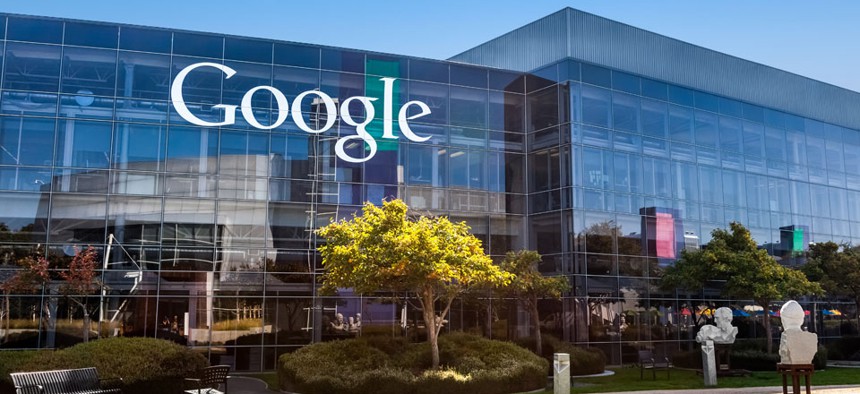Tech Companies Spend Big on Midterm Elections

turtix/Shutterstock.com
Google's campaign spending has grown fortyfold in the past eight years.
Google's campaign spending has grown fortyfold in the past eight years.
Google's political action committee, called NetPAC, hit a high-water mark this campaign cycle by giving nearly $1.6 million to date, according to campaign finance disclosures. That's up from $1 million spent on the 2012 cycle—a presidential-election year. And it's orders of magnitude beyond the $37,000 Google spent the first time it ventured into political contributions: the 2006 midterm elections.
This election cycle, Google's political giving places it slightly ahead of Goldman Sach's PAC—a frequent target of those who claim corporate cash translates into too much corporate influence into government. And it's quickly catching up with Microsoft, the longtime leader in tech spending.
But though Google's top brass have ties to President Obama's White House and the company has a reputation for leaning left, the tech giant's campaign spending isn't all heading to the left.
In fact, Google's aggregate giving is split practically evenly between Republicans and Democrats, according to the Center for Responsive Politics. Google's PAC spending is more evenly distributed than the overall breakdown of PAC giving, which is split 55-45 percent in favor of Republicans. Google's top five candidate recipients are all Democrats, but that ranking takes into account individual donations in addition to the PAC's giving.
Google's political spending was evenly distributed in the 2012 election, too–even tipping slightly in favor of Republicans. But its PAC giving in the 2010 and 2008 elections favored Democrats. During the 2006 campaign cycle and the first year of Google's PAC, however, contributions were split 60-40 in favor of Republicans.
Google's bipartisan blanketing of campaign cash is not atypical for tech companies this election cycle. Despite a reputation for favoring liberals, the companies' aggregate spending across the board in this election cycle is generally split pretty evenly down the middle, according to the Center for Responsive Politics.
The tech industry's numbers fall in line with overall trends in political spending during each campaign season. Campaign spending follows the power, and this year is a close election.
Nor is Google's push to put more money into politics unusual among tech companies: Even without the White House on the line in 2014, tech companies are spending more money this election than ever before, disclosures reveal.
Facebook's spending ballooned to $479,000 this cycle from $278,000 in 2012. Yahoo's PAC has given nearly $100,000 this campaign cycle, up from $79,000 for 2012. Netflix's PAC doesn't spend much, but even its spending increased to $16,000 from $13,000 in 2012. This uptick in spending during a midterm election is "unprecedented," according to the Sunlight Foundation's Bill Allison.
But it's not inexplicable: The government is wrestling with a host of issues that will shape technology for years, if not decades, to come. Net neutrality, National Security Agency reform, privacy laws, immigration, and patents all count among Washington's hottest policy debates, and the tech companies' are determined to make their influence felt.
There's no sign of the spending slowing: The industry keeps growing and its capacity for political contributions is keeping pace.
Nor is there evidence of the tech sector's key issues fading from Washington's agenda. Big data is exploding, data breaches are on the rise, and technology is more closely tied than ever to broader issues such as national security and health care. And if Silicon Valley has in the past expressed a distaste for Beltway politics, that is giving way out of sheer necessity.
"Usually, when a company decides to start having an influence in Washington, the first thing you do is set up a PAC," Allison said.
(Image via turtix/Shutterstock.com)






